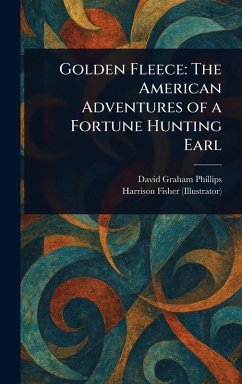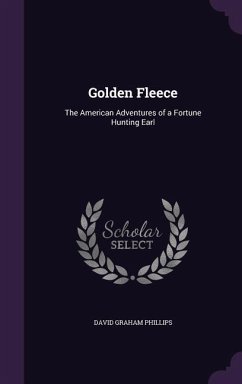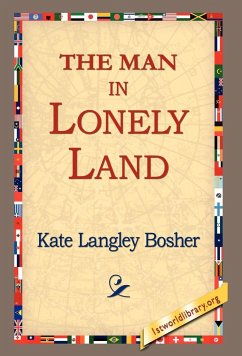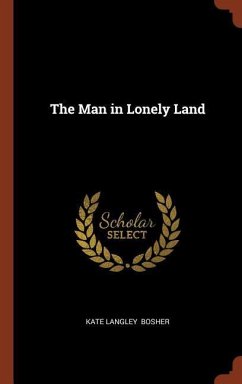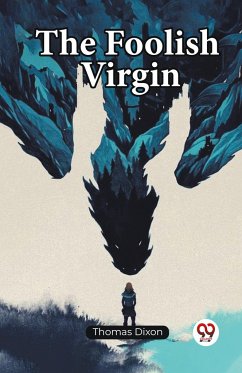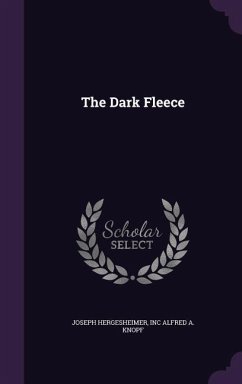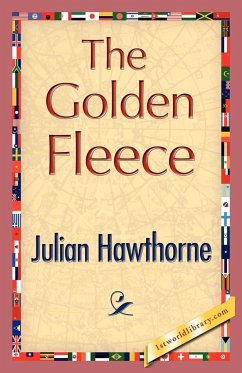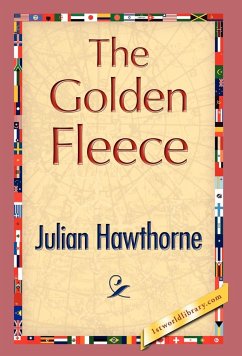
The Golden Fleece
Versandkostenfrei!
Versandfertig in über 4 Wochen
25,99 €
inkl. MwSt.
Weitere Ausgaben:

PAYBACK Punkte
13 °P sammeln!
We were very happy-I, Rupert, Henrietta, and Baby Cecil. The only thing we found fault with in our lives was that there were so few events in them. It was particularly provoking, because we were so well prepared for events-any events. Rupert prepared us. He had found a fat old book in the garret, bound in yellow leather, at the end of which were "Directions how to act with presence of mind in any emergency;" and he gave lectures out of this in the kitchen garden.




